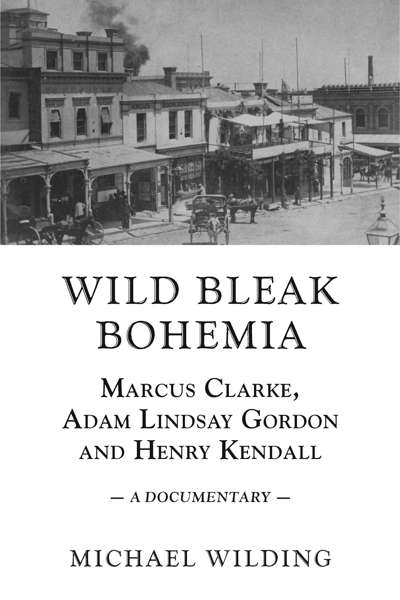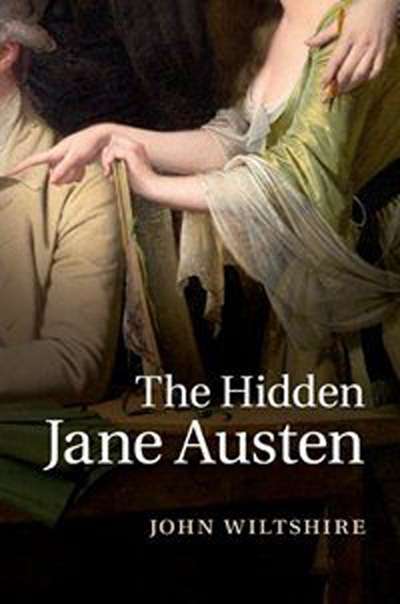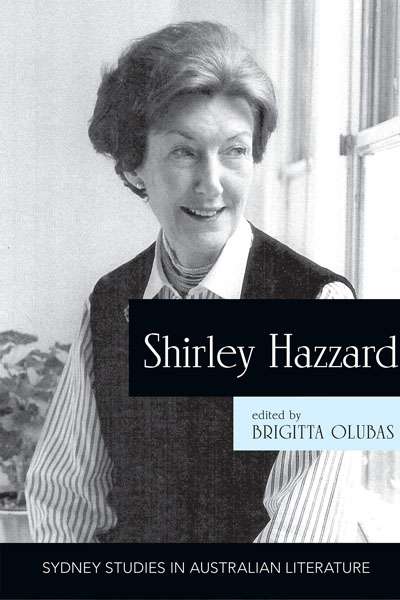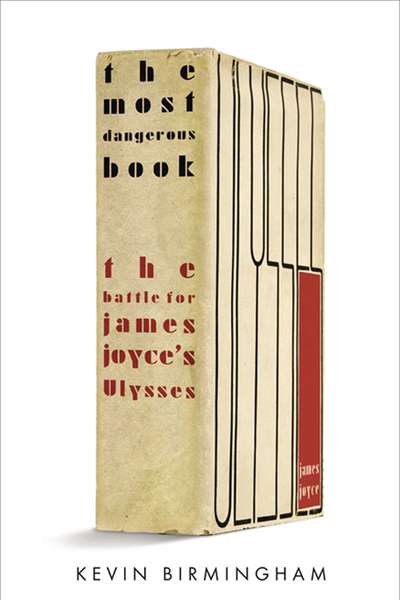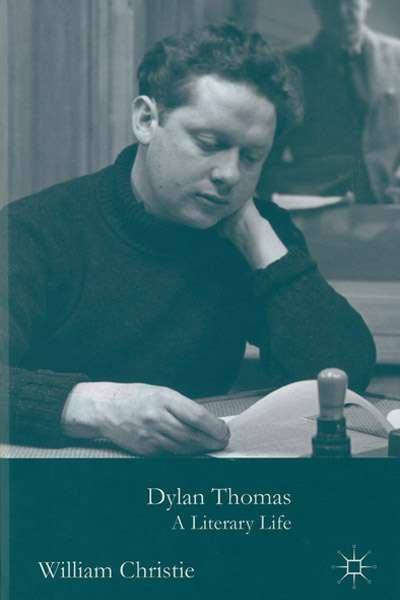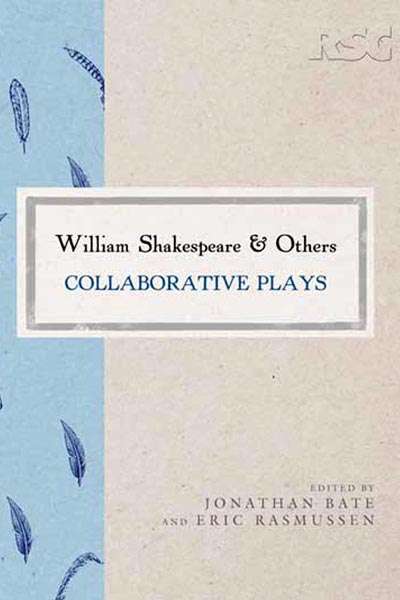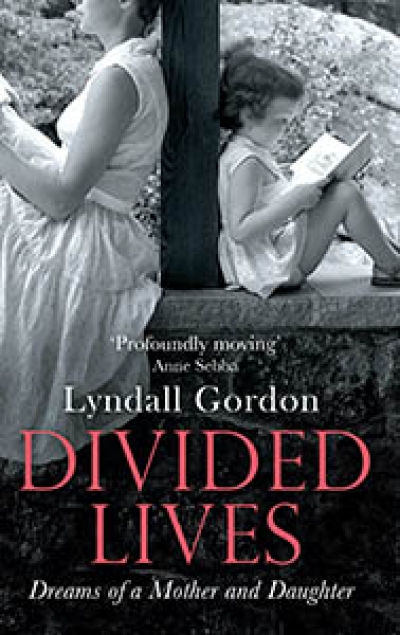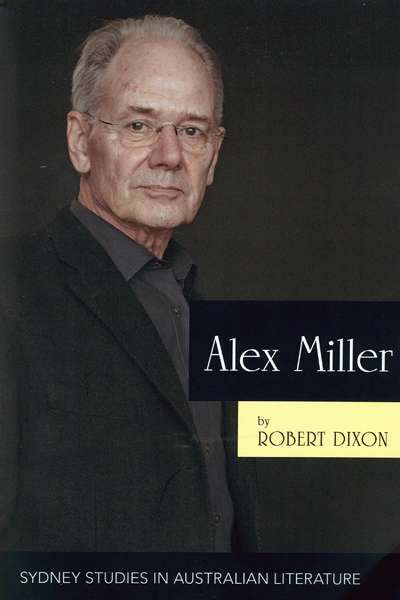Literary Studies
There is no recommended apprenticeship for writers. Nor are there any prescribed personal or professional qualifications. Hermits, obsessives, insurance clerks, customs officers, women who embroider, men who write letters, public servants, soldiers, drunks, provincial doctors and gulag inmates have all become great writers. How? A mystery. But avidity – about the ...
John Wiltshire, the distinguished Austen scholar based at La Trobe University, has produced his fourth book on Jane Austen since 1992. Here, in a return to the critical bedrock of close reading, he invites us to share his pursuit of the ‘hidden’ Jane Austen ...
Last month in Melbourne, a group of book reviewers and literary editors took part in a conference organised by Monash University’s Centre for the Book. There were more than thirty short papers, or ‘provocations’, as they were styled. Our Editor lamented the low or non-payment of some reviewers ( ...
Shirley Hazzard: New Critical Essays edited by Brigitta Olubas
Shirley Hazzard is probably the most elegantly polished writer in the Australian canon: her novels and stories use traditional structures with great assurance, she writes from a thoughtful moral position, she is outspokenly engaged with the fine and the less fine elements of the Australia she once lived in, and she can be dry and funny. She spent most of her life in ...
The Most Dangerous Book: The battle for James Joyce’s Ulysses by Kevin Birmingham
Ulysses was the first novel to become a celebrity in the mass media age. Its reputation was ‘enhanced’ by its alleged scurrility, its banning in the Anglophone world in both serial and book form, its having engendered legal proceedings centred on obscenity and copyright, and its notoriety as a wilfully difficult text. James Joyce wrote a novel that aspired to map its author’s home city – he claimed its success would be founded on the ability to reconstruct Dublin brick by brick from the novel, should the city cease to exist – and to ‘keep the professors busy for centuries’ (so far successful, one would have to say). George Bernard Shaw called it ‘a revolting record of a disgusting phase of civilization’, while many other writers and critics dissented, claiming Ulysses to be the wonder of the literary world, a work of genius elevated beyond the ephemera of provincial morals and pearl-clutching citizens’ committees. It encompassed a world in its pages, and created it anew. The novel re-imagined modernity, drawing myth and epic and tragedy into its field of vision, and provided readers with the means to see their lives in the same milieu as that of Leopold Bloom, Stephen Dedalus, Molly Bloom, Blazes Boylan, and all the rest. It changed everything.
... (read more)The legendary Dylan has now been dead for a century and his fumy glitter has probably faded a little. But then, how far do any poets these days really have glamour to show for themselves, no matter how hard they drink? Very few, in the Anglophone world at least: there’s nobody around like Wales’s roaring boy.
... (read more)William Shakespeare and Others: Collaborative Plays edited by Jonathan Bate and Eric Rasmussen
Shakespeare was commonly regarded by his Romantic admirers as a solitary figure, whose prodigious talents were linked in some mysterious fashion to his isolation from society and from his fellow writers. ‘Shakespeare,’ wrote Coleridge in 1834, ‘is of no age – nor, I might add, of any religion, or party, or profession. The body and substance of his works came out of the unfathomable substance of his own oceanic mind.’ Carlyle thought likewise; Shakespeare, he believed, dwelt ‘apart, in a kind of royal solitude; none equal, none second’ to his creative powers.
... (read more)Two thirds of the way into Lyndall Gordon’s part memoir, part maternal biography, there is an episode of profound risk to the self. At the age of twenty-four, having recently moved from Cape Town to New York, Gordon is being treated for post-partum depression. This is 1966. Electro-convulsive therapy seems not to have helped, and her psychiatrist is urging longer-term treatment in an asylum in order to turn her – so it seems to Gordon – into the self-sacrificing wife and mother her own mother had wished her to be. Her husband, who has hitherto supported Dr Kay, makes a sudden turn. ‘Do something with your life … I’ve always thought you could write biography.’
... (read more)We do nothing alone,’ writes Alex Miller, in his brief memoir ‘The Mask of Fiction’, where he gives an account of the generative processes of his writing. Art, according to Miller, comes from the capacity of the writer to ‘see ourselves as the other’. Early in his career, Miller’s friend Max Blatt woke him, in his farmhouse at Araluen, in order to dismiss the weighty and unsuccessful manuscript that Miller had given him to read. Blatt’s urgent and unsociable rejection of the manuscript may have saved Miller’s work, establishing a new emotional basis for his writing. ‘Why don’t you write about something you love?’ Blatt asked. That night, Blatt told Miller a true story of personal survival and Miller began to write afresh. In the morning, Blatt accepted Miller’s version of the story he had told with the words: ‘You could have been there.’
... (read more)

